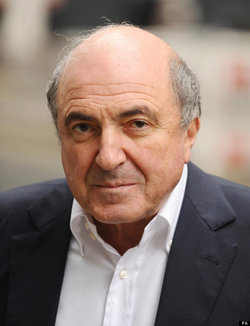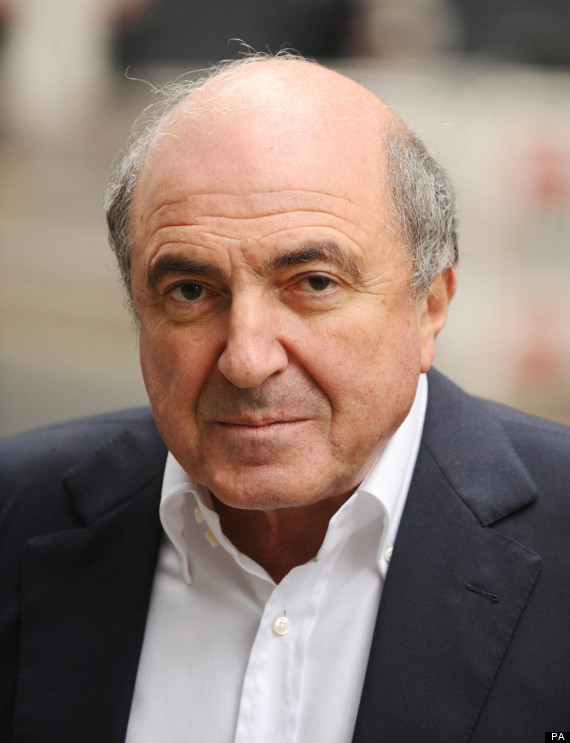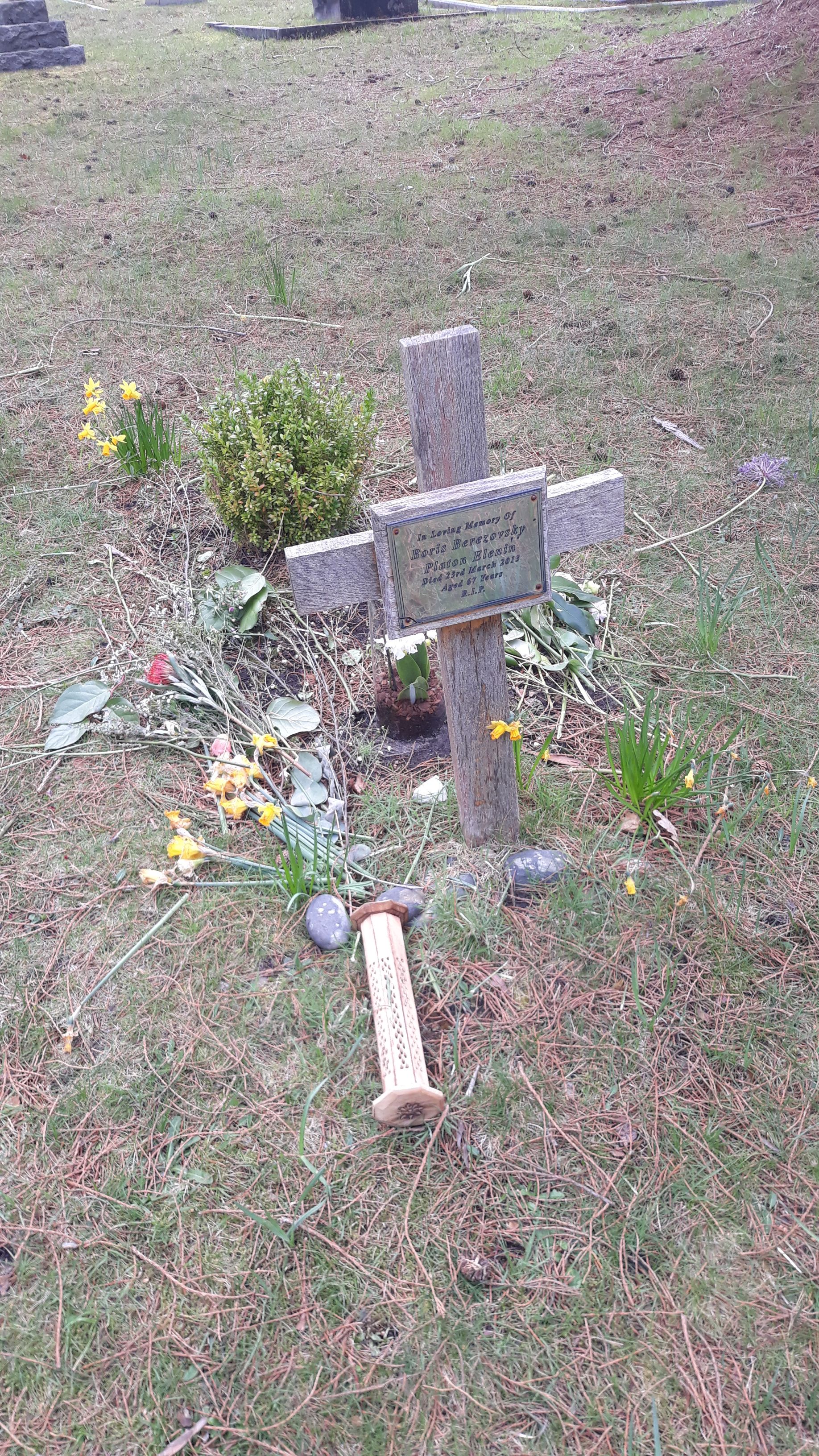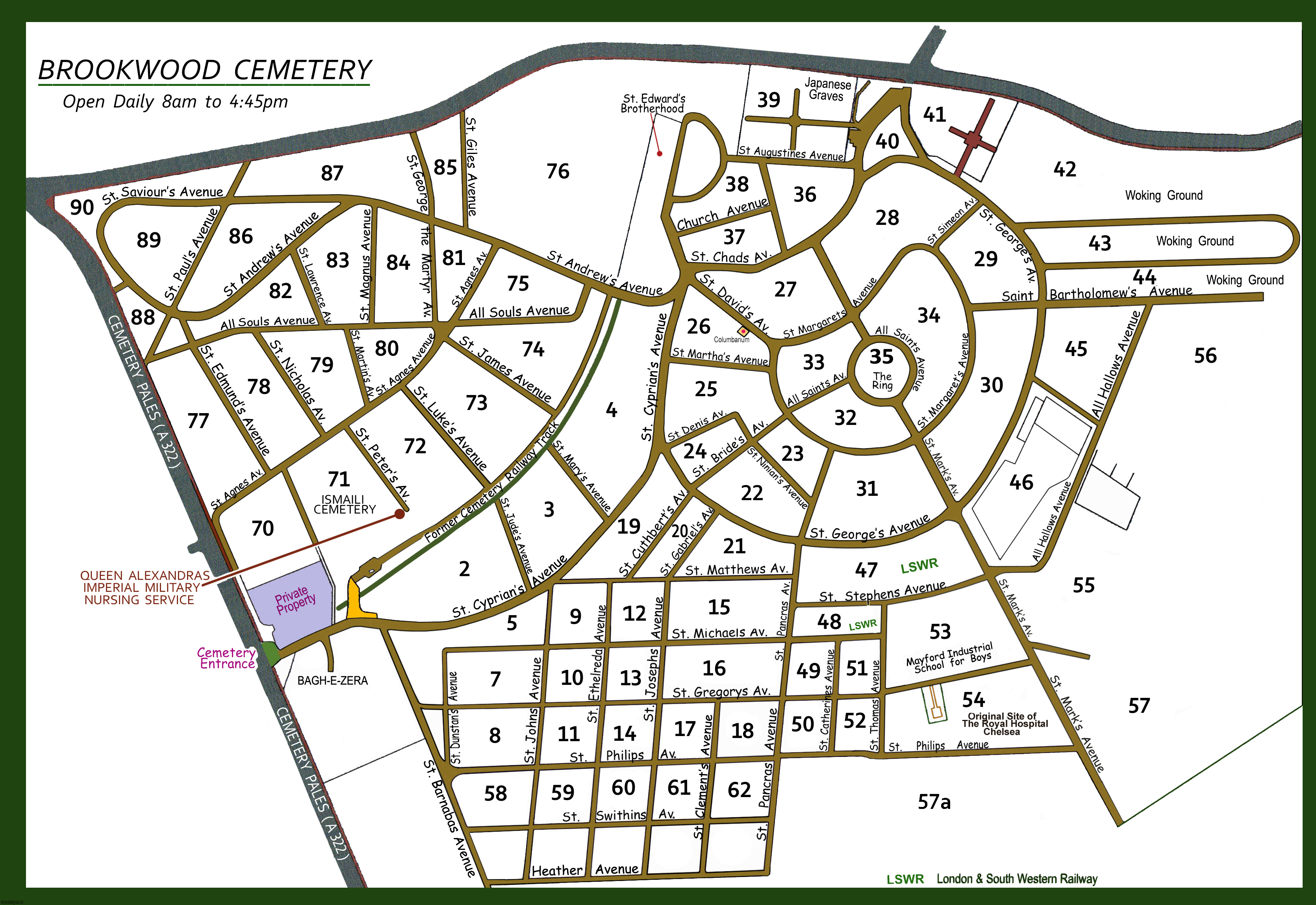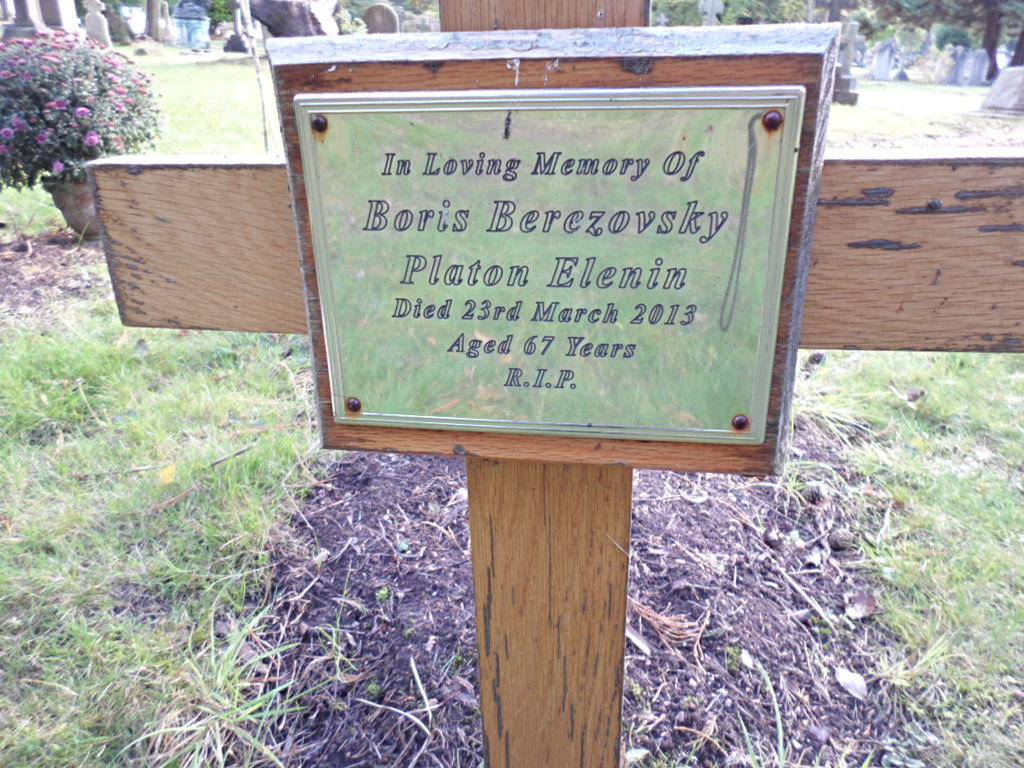The circumstances around the death of the well-known critic of the Kremlin were not immediately known. He lived in the United Kingdom.
In a statement, Thames Valley Police said it had launched an investigation into the death at a property in Ascot, Berkshire.
"His death is currently being treated as unexplained and a full inquiry is under way," it said, adding that the inquiry was at "a very early stage."
Boris Berezovsky dead in London
2012: Battle of Russian billionaires
2011: Russian billionaires face off in court
Russian President Vladimir Putin has been told about the death, spokesman Dmitry Peskov told state television. Berezovsky had sent a letter about two months ago to Putin asking permission to return to Russia, he said.
"He admitted that he had made a lot of mistakes, asked forgiveness for the mistakes and asked Putin to let him to return home," Peskov said, according to a duty officer with the presidential press service.
Berezovsky, 67, made headlines in recent years over various business deals and legal disputes, including a libel case against a Russian broadcaster. All-Russian State Television and Radio Broadcasting Company (VGTRK) claimed in a report that Berezovsky was behind the 2006 poisoning death of former Russian spy Alexander Litvinenko.
Berezovsky won that claim, and the High Court in London awarded him £150,000 ($223,400) in damages.
During the 1990s, it was common for oligarchs to oppose the Kremlin, said Henry Hale, director of the Institute for Europe, Russian and Eurasian Studies at George Washington University, in a 2011 interview.
But once Putin became president in 2000, "He started making examples of high-profile business people/oligarchs," Hale said.
Berezovsky, who had owned media outlets that were critical of the government, fled the country.
CNN's Matthew Chance called Berezovsky "a colorful figure, a creature of the new Russia."
Berezovsky's finances had been in decline in recent years while he was in exile. A judge threw out his lawsuit against Chelsea Football Club owner Roman Abramovich, whom he had accused of forcing him to sell shares of a company at a fraction of their true worth.
The judge called Berezovsky's testimony unreliable.
Berezovsky began his working life as a math professor and then a systems analyst, according to CNN's Jill Dougherty, who interviewed him many times.
But he soon switched to more lucrative jobs. "He was a smart man," she said. "I'd call him a wheeler-dealer."
Berezovsky went on to sell cars "at a time when that was a luxury," she said. "There were a lot of people who wanted to buy them, and he parlayed that -- as so many of these oligarchs did -- into something much, much bigger."
Under President Boris Yeltsin, the Russian Federation's first president, from 1991 to 1999, "there were really no rules governing anything," Dougherty recalled.
The oligarchs wound up lending the fledgling Russian government money "when it was desperate for money," she said. "These guys picked up companies on the cheap -- for pennies on the dollar."
A year or two later, the companies were worth much more and they became wealthy.
But Putin saw that the oligarchs had the potential to gain political power and moved to thwart them, she said.
"He was obviously very ambitious, and he wanted, I think, to be in political control of Russia during Yeltsin's time, and that didn't work out for him," said Stuart Loory, a former Turner Broadcasting System executive vice president, who was a consultant to Berezovsky during the 1990s. "He couldn't get Yeltsin re-elected."
Berezovsky invested in the Moscow Independent Broadcasting Corp., which -- with TBS as a partner -- founded Moscow's first independent television station, TV-6.
He then bought 49% of Soviet state television and the right to control and run it, Loory recalled.
But Berezovsky did not have an easy time of it once he became an oligarch in the early 1990s, Loory said. "There were two attempts on his life, one at his country home outside Moscow in a gated community. Somebody planted a bomb in his car and, fortunately, it didn't work very well. And the other was when he was leaving his club and there was a car bomb in the car and his driver was killed and he escaped without injury."
The circumstances around the death of the well-known critic of the Kremlin were not immediately known. He lived in the United Kingdom.
In a statement, Thames Valley Police said it had launched an investigation into the death at a property in Ascot, Berkshire.
"His death is currently being treated as unexplained and a full inquiry is under way," it said, adding that the inquiry was at "a very early stage."
Boris Berezovsky dead in London
2012: Battle of Russian billionaires
2011: Russian billionaires face off in court
Russian President Vladimir Putin has been told about the death, spokesman Dmitry Peskov told state television. Berezovsky had sent a letter about two months ago to Putin asking permission to return to Russia, he said.
"He admitted that he had made a lot of mistakes, asked forgiveness for the mistakes and asked Putin to let him to return home," Peskov said, according to a duty officer with the presidential press service.
Berezovsky, 67, made headlines in recent years over various business deals and legal disputes, including a libel case against a Russian broadcaster. All-Russian State Television and Radio Broadcasting Company (VGTRK) claimed in a report that Berezovsky was behind the 2006 poisoning death of former Russian spy Alexander Litvinenko.
Berezovsky won that claim, and the High Court in London awarded him £150,000 ($223,400) in damages.
During the 1990s, it was common for oligarchs to oppose the Kremlin, said Henry Hale, director of the Institute for Europe, Russian and Eurasian Studies at George Washington University, in a 2011 interview.
But once Putin became president in 2000, "He started making examples of high-profile business people/oligarchs," Hale said.
Berezovsky, who had owned media outlets that were critical of the government, fled the country.
CNN's Matthew Chance called Berezovsky "a colorful figure, a creature of the new Russia."
Berezovsky's finances had been in decline in recent years while he was in exile. A judge threw out his lawsuit against Chelsea Football Club owner Roman Abramovich, whom he had accused of forcing him to sell shares of a company at a fraction of their true worth.
The judge called Berezovsky's testimony unreliable.
Berezovsky began his working life as a math professor and then a systems analyst, according to CNN's Jill Dougherty, who interviewed him many times.
But he soon switched to more lucrative jobs. "He was a smart man," she said. "I'd call him a wheeler-dealer."
Berezovsky went on to sell cars "at a time when that was a luxury," she said. "There were a lot of people who wanted to buy them, and he parlayed that -- as so many of these oligarchs did -- into something much, much bigger."
Under President Boris Yeltsin, the Russian Federation's first president, from 1991 to 1999, "there were really no rules governing anything," Dougherty recalled.
The oligarchs wound up lending the fledgling Russian government money "when it was desperate for money," she said. "These guys picked up companies on the cheap -- for pennies on the dollar."
A year or two later, the companies were worth much more and they became wealthy.
But Putin saw that the oligarchs had the potential to gain political power and moved to thwart them, she said.
"He was obviously very ambitious, and he wanted, I think, to be in political control of Russia during Yeltsin's time, and that didn't work out for him," said Stuart Loory, a former Turner Broadcasting System executive vice president, who was a consultant to Berezovsky during the 1990s. "He couldn't get Yeltsin re-elected."
Berezovsky invested in the Moscow Independent Broadcasting Corp., which -- with TBS as a partner -- founded Moscow's first independent television station, TV-6.
He then bought 49% of Soviet state television and the right to control and run it, Loory recalled.
But Berezovsky did not have an easy time of it once he became an oligarch in the early 1990s, Loory said. "There were two attempts on his life, one at his country home outside Moscow in a gated community. Somebody planted a bomb in his car and, fortunately, it didn't work very well. And the other was when he was leaving his club and there was a car bomb in the car and his driver was killed and he escaped without injury."
Sponsored by Ancestry
Advertisement
Records on Ancestry
Advertisement
